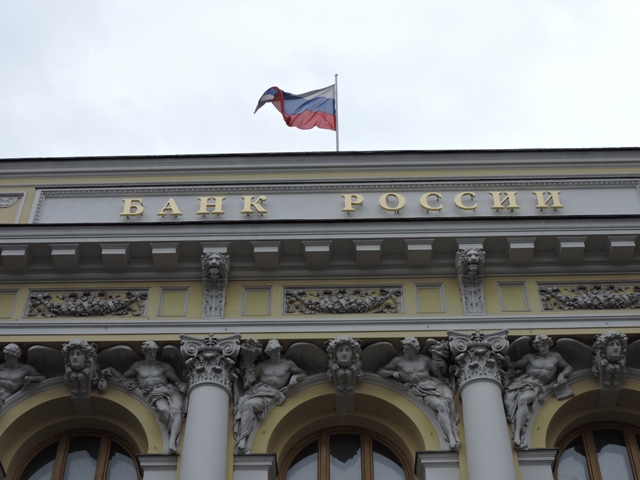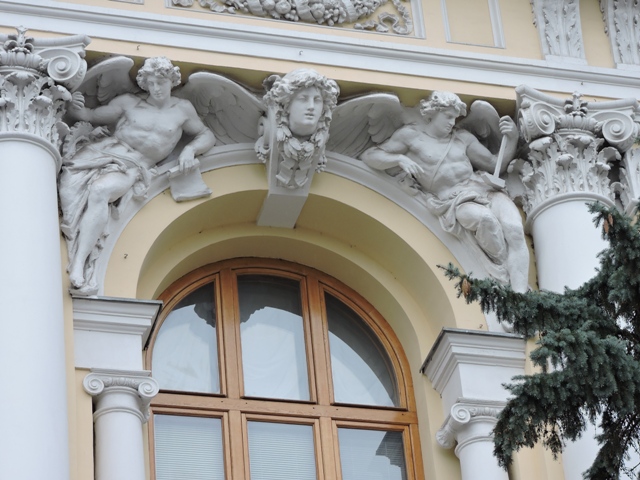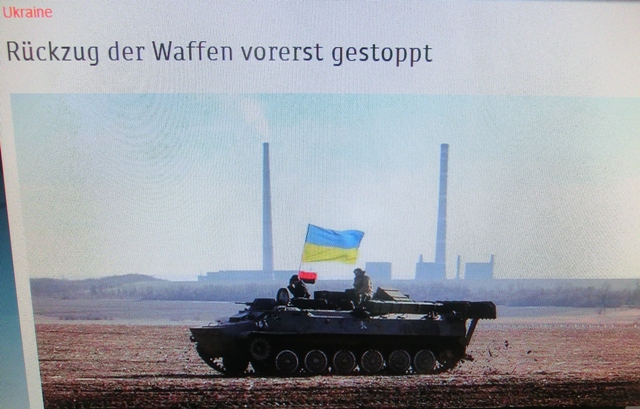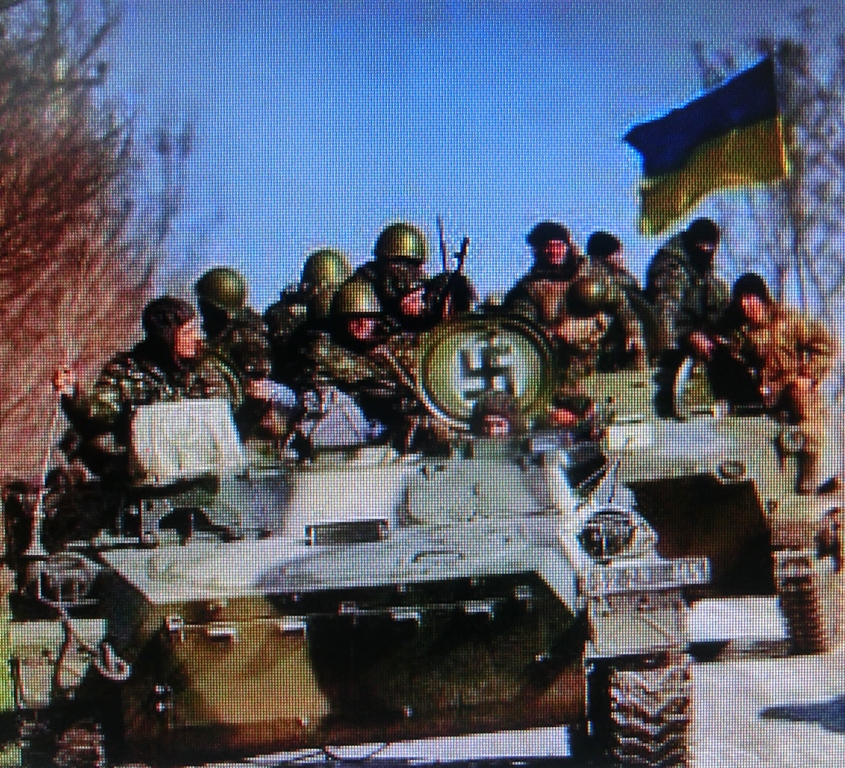MOSCOW, March 25. /TASS/. Authorities in Crimea said they plan to modernize ferry services across the Black Sea’s Kerch Strait between Russia’s mainland and the Crimean peninsula by May 1.
The same date has been set for opening additional facilities at Crimea’s main airport in the capital Simferopol, the Russian republic’s Minister of Resorts and Tourism, Yelena Yurchenko, said on Wednesday in an interview with Rossiya-24 television news channel.
“Transport authorities have promised to complete partial modernization of the Kerch Strait ferry line by May 1, 2015,” Yurchenko said, adding that ferries would then be able to carry 50,000 passengers and 10,000 cars daily.
The 4.5-kilometer (2.7-mile) wide Kerch Strait links the Black and Azov Seas and separates the eastern end of Crimea from the rest of Russia. Ferries sail between the peninsula and Russia’s southern Krasnodar region transporting passengers and vehicles.
“Simferopol airport is currently under extensive reconstruction,” the minister said, noting plans to launch more than 15 new routes flying from the airport. The Russian cities of Vladivostok, Khabarovsk, Krasnoyarsk and Irkutsk were among possible targets for new services, she said.
At present, Simferopol airport offers regular flights to some 20 domestic destinations.
Yurchenko estimates that at least 4.3 million tourists would visit Crimea’s Black Sea coast this year.
“We expect tourists from all countries. There have been applications from Finland, Germany and Israel,” she said, noting that Russian tourists were expected to form the majority of visitors to the peninsula as usual.
“We are also waiting for Ukrainian tourists,” she added.
Crimea tourism
Russian tour operators said in February demand for tours to Crimea among Russian travellers had already more than doubled last year’s figures, when nearly two million Russians visited the Black Sea peninsula.
Maya Lomidze, executive director of the Association of Tour Operators of Russia (ATOR), told TASS: “Bookings have shown that last year’s demand for tours to Crimea has been exceeded twofold,” noting that Russians tended to book flights to Crimea in advance because of lower airfares.
“That’s why people are now massively buying summer holiday tours,” she said.
In 2014, Crimean authorities played host to more than four million travellers, said Yurchenko, adding that total earnings from tourism reached 125 billion rubles ($2 billion).
Tourism has been a constant and major income source for Crimea, a top-rated cluster of seaside and mountain resorts since the beginning of the 19th century. Most popular destinations are the cities of Yalta, Alushta, Feodosiya, Sudak and Yevpatoria.
Crimea’s resort and tourism sector now has 825 outlets, of which 151 are holiday centres and spa resorts, 224 are health resorts and 92 are resorts for children.
After Crimea joined Russia in mid-March, government-run travel agencies have taken a number of steps encouraging tourist flow to the peninsula. Measures designed to support domestic tourism have included subsidies compensating for transportation costs for both tour operators and individual travellers.
Last year, about 3.8 million international tourists spent their holidays in the resorts of the Crimean Black Sea coast. Local authorities hope to raise this figure to 5.1 million travellers by 2017. Some 9.4 billion roubles ($141.6 million) will be allocated over the next three years to develop an international tourist centre on the peninsula.
CHEF DES GIPS-KONZERNS KNAUF/Handelsblatt
„Wir investieren weiter in Russland“
Manfred Grundke hält die verhängten Sanktionen für falsch, denn die Menschen in Putins Reich sind in der Lage, den Gürtel sehr eng zu schnallen.”
Tageszeitung Die Welt 2015:
So profitiert Sotschi von Russlands schwerer Krise
Nach Olympia gab es Zweifel, ob die riesigen Skigebiete um Sotschi künftig rentabel sein würden. Doch nun strömen die Touristen dorthin – Russlands Krise macht für sie den Alpen-Urlaub unbezahlbar…”
“Billig-Rubel lockt Chinesen in Scharen nach Russland
Der Verfall des Rubels lässt zwar russische Urlauber in Europa ausbleiben. Umgekehrt führt die Währungskrise aber zu einem Tourismus- und Shopping-Boom der Chinesen im Fernen Osten Russlands…”















